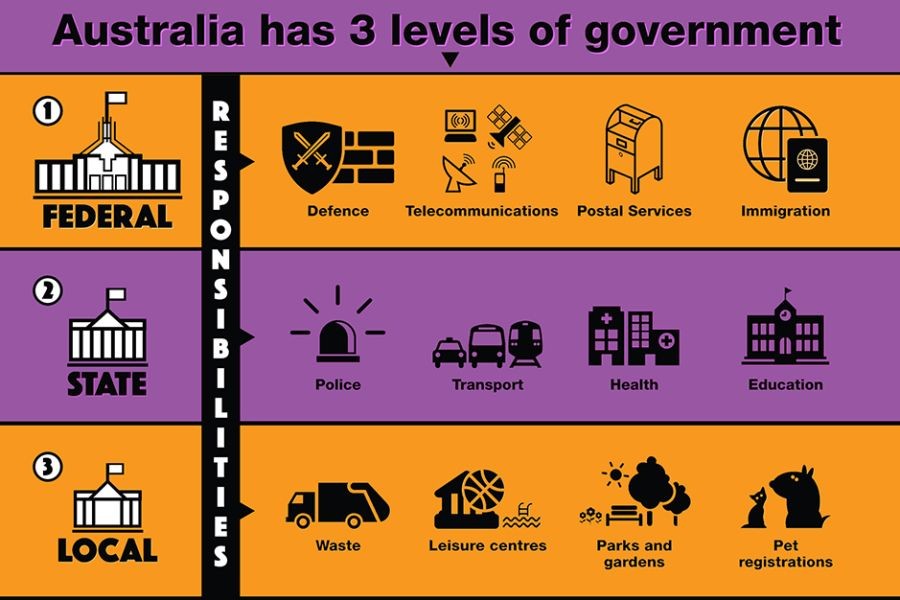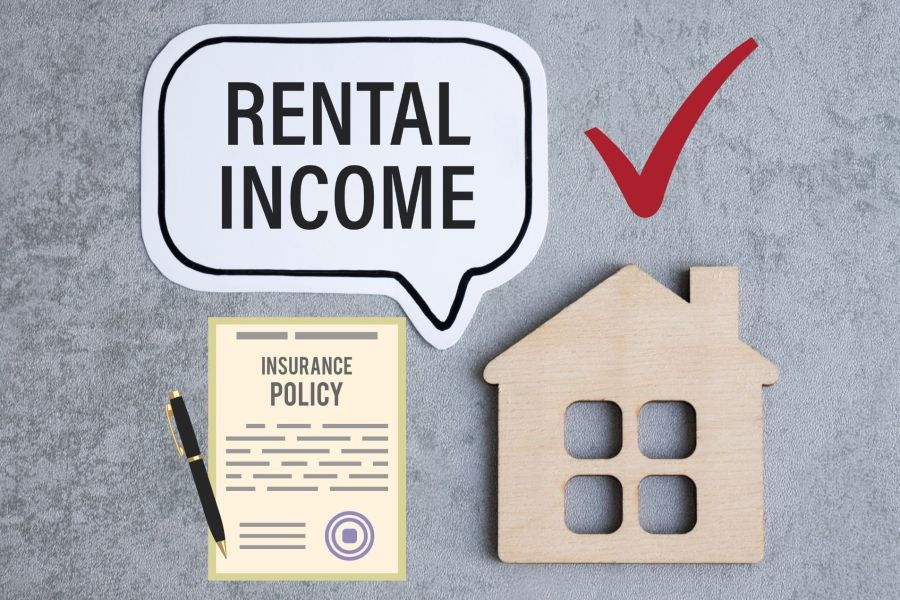In the ever-evolving landscape of urban planning, road construction remains a critical factor in shaping the infrastructure and economy of Australia. Despite the significance of road development, local councils often stumble upon common pitfalls that can lead to projects being over-budget, delayed, or failing to meet the community's needs. In this article, we delve into the five major mistakes local councils make when planning new roads, exploring their implications on tax and compliance, and offering insightful solutions to help mitigate these issues. Our analysis will be backed by data from the Australian Bureau of Statistics (ABS) and other authoritative sources, ensuring a comprehensive understanding of the challenges and opportunities in road planning.
1. Inadequate Stakeholder Engagement
One of the most recurring issues in road planning is the lack of comprehensive stakeholder engagement. Local councils often underestimate the importance of involving community members, local businesses, and industry experts in the planning process. Without their input, projects can face opposition, leading to delays and increased costs. According to a study by Infrastructure Australia, projects with robust stakeholder engagement are 30% more likely to be completed on time and within budget.
Case Study: Brisbane's Clem Jones Tunnel
When planning the Clem Jones Tunnel, the Brisbane City Council initially faced significant backlash due to insufficient community consultation. The project experienced delays and cost overruns, totaling an additional $500 million. However, once stakeholders were actively involved, the council could address concerns, leading to a successful completion. This example highlights the critical role of stakeholder engagement in road planning.
Solution: Implement Comprehensive Stakeholder Strategies
- Organize regular community forums and workshops to gather input.
- Establish a clear communication plan to keep stakeholders informed.
- Incorporate feedback into the planning process to address community needs.
2. Overlooking Environmental Impact Assessments
Environmental considerations are paramount in modern road planning. Local councils sometimes neglect thorough environmental impact assessments, which can result in projects being halted by regulatory bodies or facing public criticism. The Australian government's focus on sustainable development mandates rigorous environmental assessments to ensure compliance with national and local regulations.
Insight: Environmental Compliance in Australia
The Australian Competition & Consumer Commission (ACCC) emphasizes the importance of environmental compliance in infrastructure projects. Failure to conduct proper assessments can lead to penalties and project cancellations. Councils must prioritize environmental evaluations to avoid these repercussions.
Solution: Prioritize Environmental Assessments
- Conduct comprehensive environmental impact studies early in the planning process.
- Collaborate with environmental experts to identify potential risks.
- Implement sustainable practices to mitigate environmental impacts.
3. Underestimating Project Costs and Timelines
Budgetary constraints and miscalculations in project timelines are frequent hurdles for local councils. The Reserve Bank of Australia notes that infrastructure projects in Australia often exceed initial cost estimates by 20-30%. This can lead to funding shortfalls, delays, and compromised project quality.
Case Study: Sydney Light Rail Project
The Sydney Light Rail Project serves as a cautionary tale. Initially budgeted at $1.6 billion, the project ended up costing $2.9 billion due to underestimated expenses and timeline extensions. This underscores the necessity for accurate forecasting and contingency planning.
Solution: Enhance Budgeting and Forecasting Accuracy
- Utilize advanced project management tools for accurate cost estimation.
- Establish contingency funds to cover unforeseen expenses.
- Regularly review and update project timelines based on progress.
4. Neglecting Technological Integration
In the era of digital transformation, failing to integrate technology in road planning can lead to outdated and inefficient infrastructure. Smart technologies, such as traffic management systems and predictive maintenance tools, can significantly enhance road functionality and safety.
Industry Insight: The Role of Technology in Road Planning
A report by Deloitte highlights that integrating smart technologies into infrastructure projects can improve efficiency by up to 40%. Australian councils have the opportunity to leverage these advancements to create future-proof roads.
Solution: Embrace Technological Advancements
- Incorporate smart traffic management systems to optimize flow.
- Utilize predictive maintenance tools to extend road lifespan.
- Explore partnerships with tech companies for innovative solutions.
5. Failing to Consider Long-Term Traffic Patterns
Roads are long-term investments, and failing to consider future traffic patterns can lead to congestion and inefficiencies. Councils often plan based on current data without accounting for population growth or changes in transportation trends.
Data Insight: Australian Population Growth
The Australian Bureau of Statistics projects a population increase of 1.3% annually. This growth necessitates forward-thinking road planning to accommodate future transportation needs.
Solution: Plan for Future Traffic Demands
- Conduct comprehensive traffic studies to predict future trends.
- Design flexible road systems that can adapt to changes in demand.
- Incorporate public transportation options to alleviate road congestion.
Conclusion
Effective road planning is critical for Australia's infrastructure development, impacting everything from economic growth to environmental sustainability. By addressing these common mistakes, local councils can enhance their road planning strategies, ensuring projects are efficient, cost-effective, and aligned with community needs. Engage stakeholders, prioritize environmental assessments, accurately forecast budgets, integrate technology, and consider long-term traffic patterns to pave the way for successful road infrastructure that meets the demands of Australia's growing population.
Call to Action
What strategies have worked for your council in road planning? Share your insights in the comments below! For more expert insights and updates on infrastructure development, subscribe to our newsletter.
People Also Ask
- How does road planning impact Australia's economy? Road planning enhances connectivity, boosts local businesses, and attracts investment, contributing significantly to GDP growth.
- What are the environmental considerations in road planning? Councils must conduct environmental impact assessments to ensure compliance with sustainability regulations and minimize ecological damage.
- How can technology improve road infrastructure? Smart technologies enhance traffic management, road safety, and maintenance efficiency, leading to more sustainable and cost-effective infrastructure.
Related Search Queries
- Road planning challenges in Australia
- Environmental impact assessments in infrastructure
- Technological advancements in road construction
- Cost estimation in infrastructure projects
- Future traffic patterns and urban planning

































MireyaNoac
5 months ago